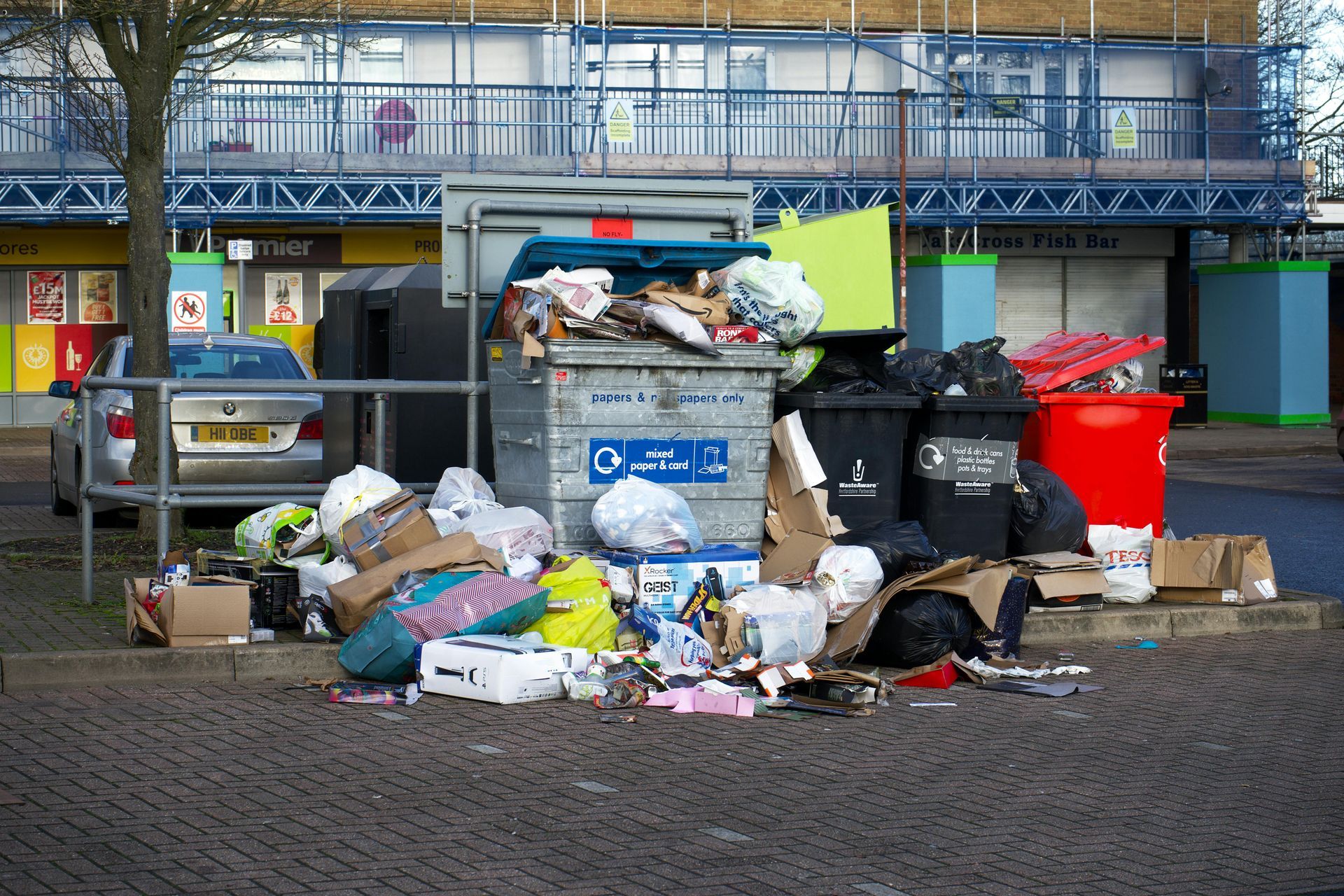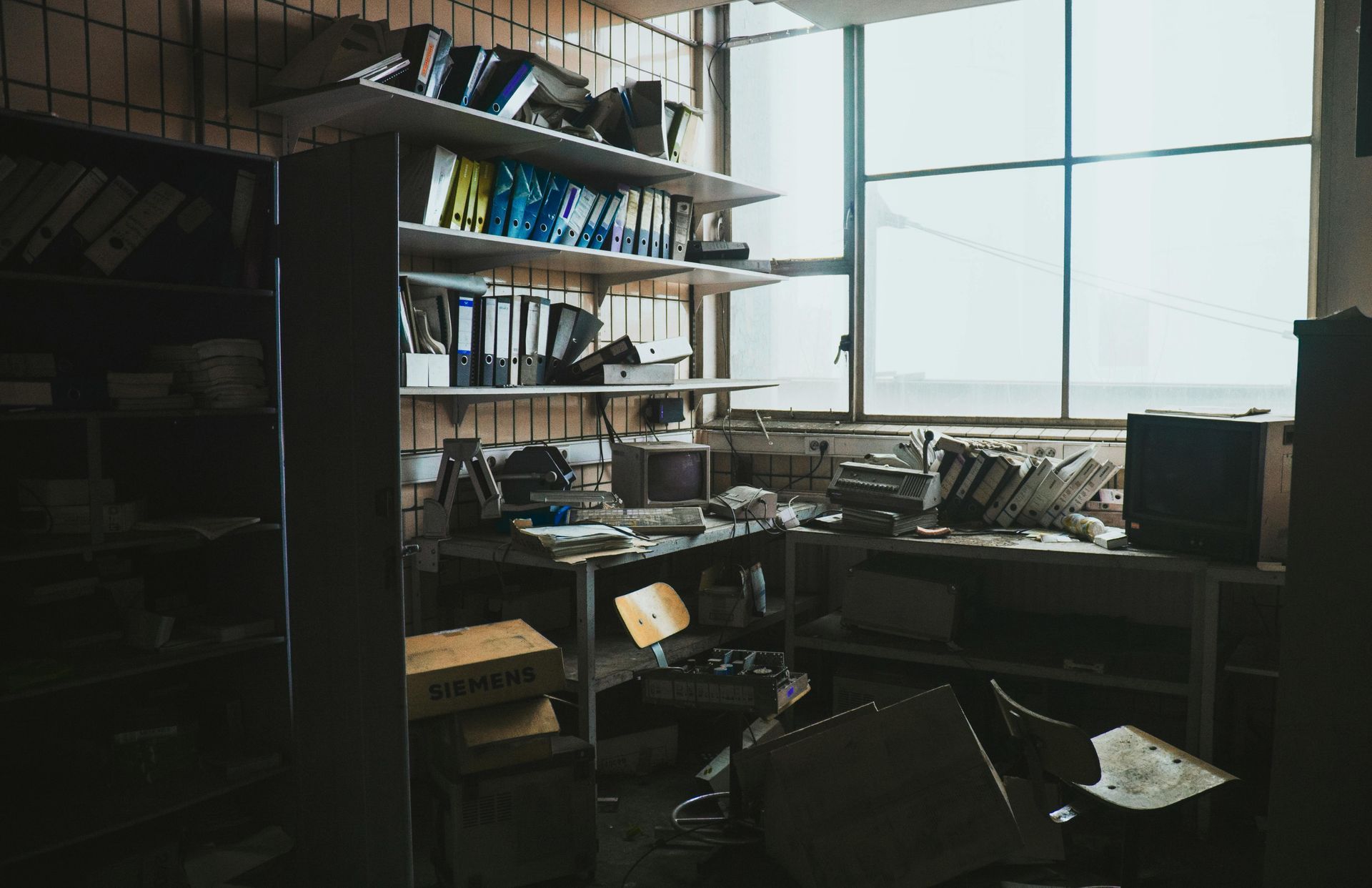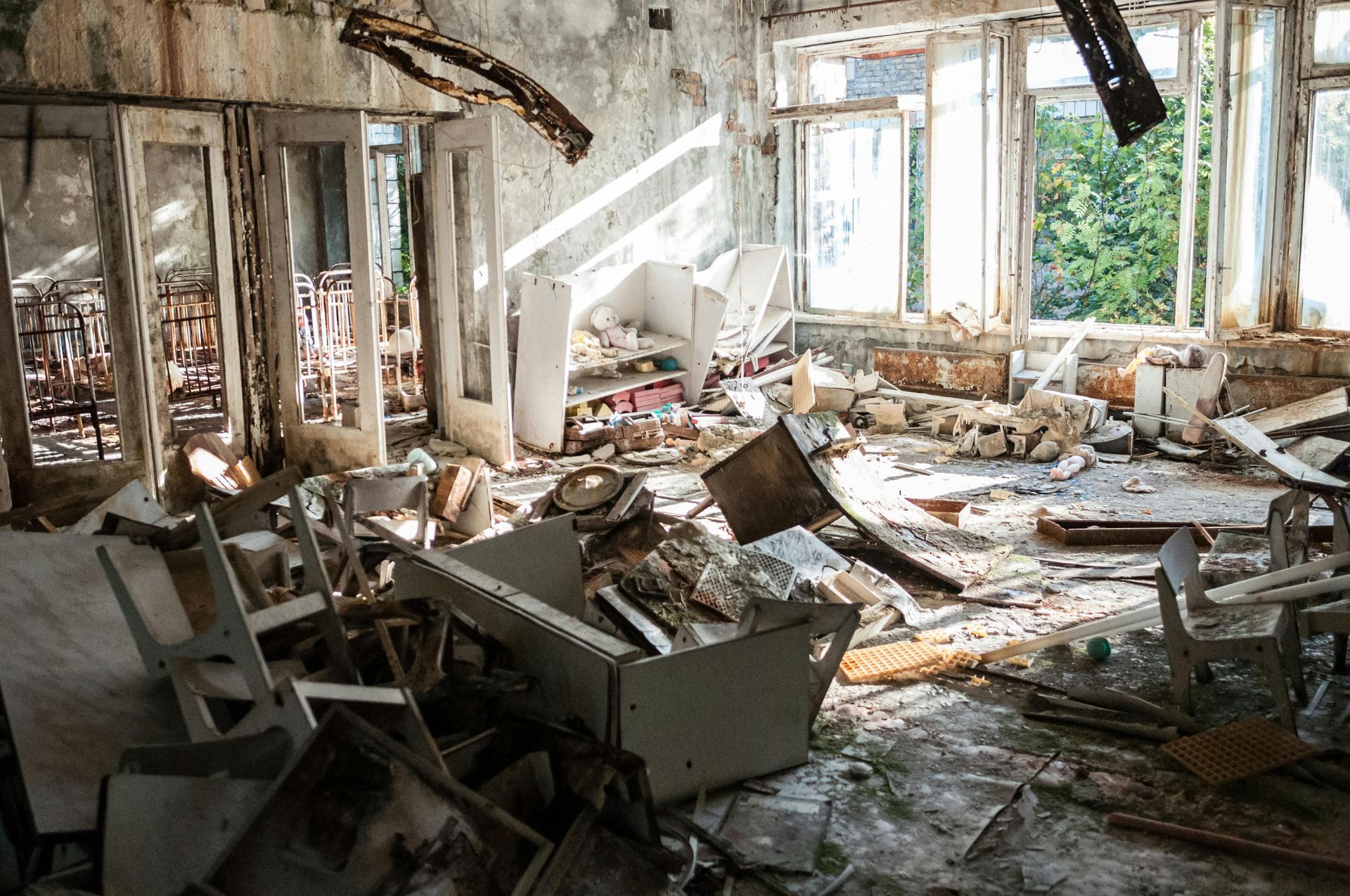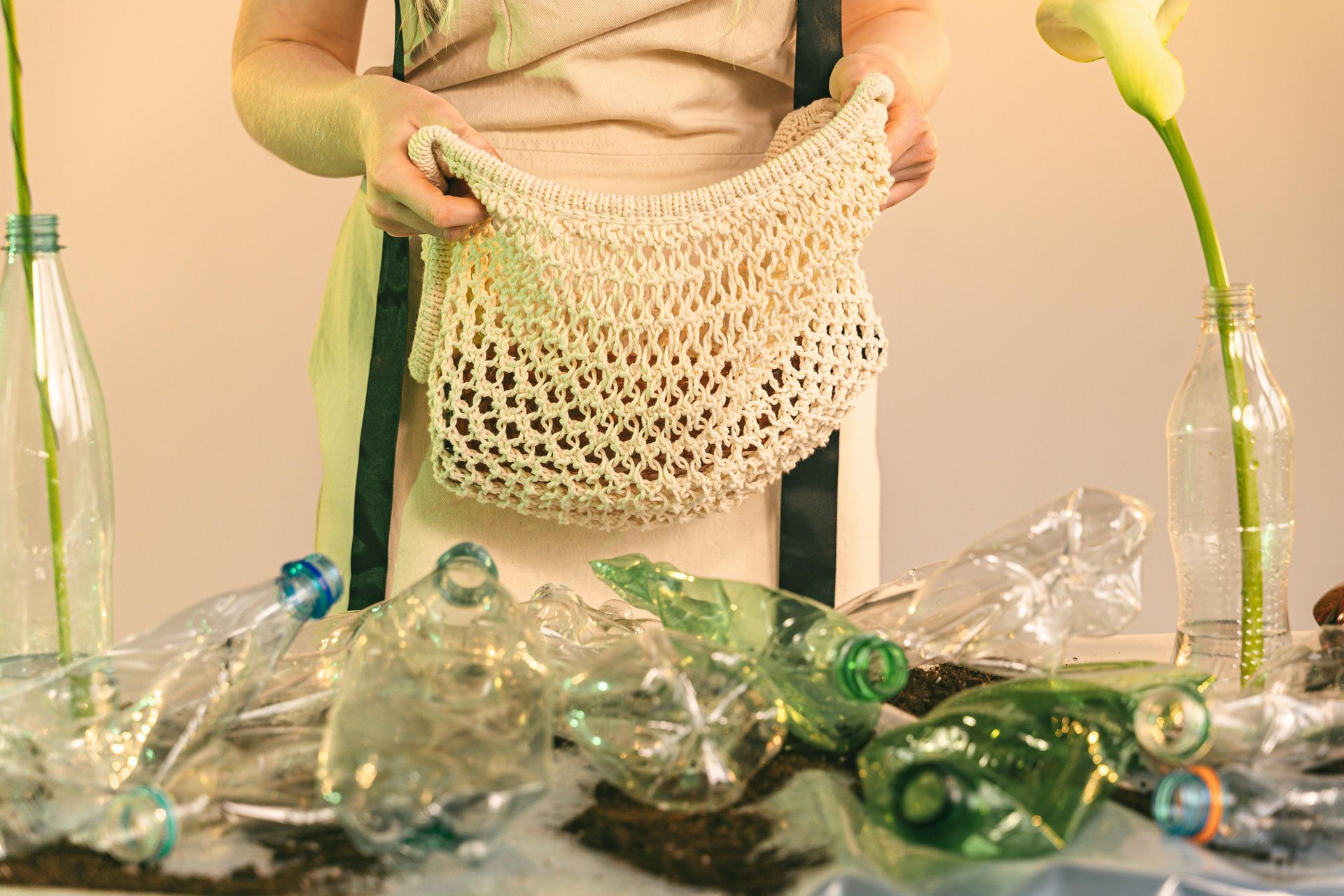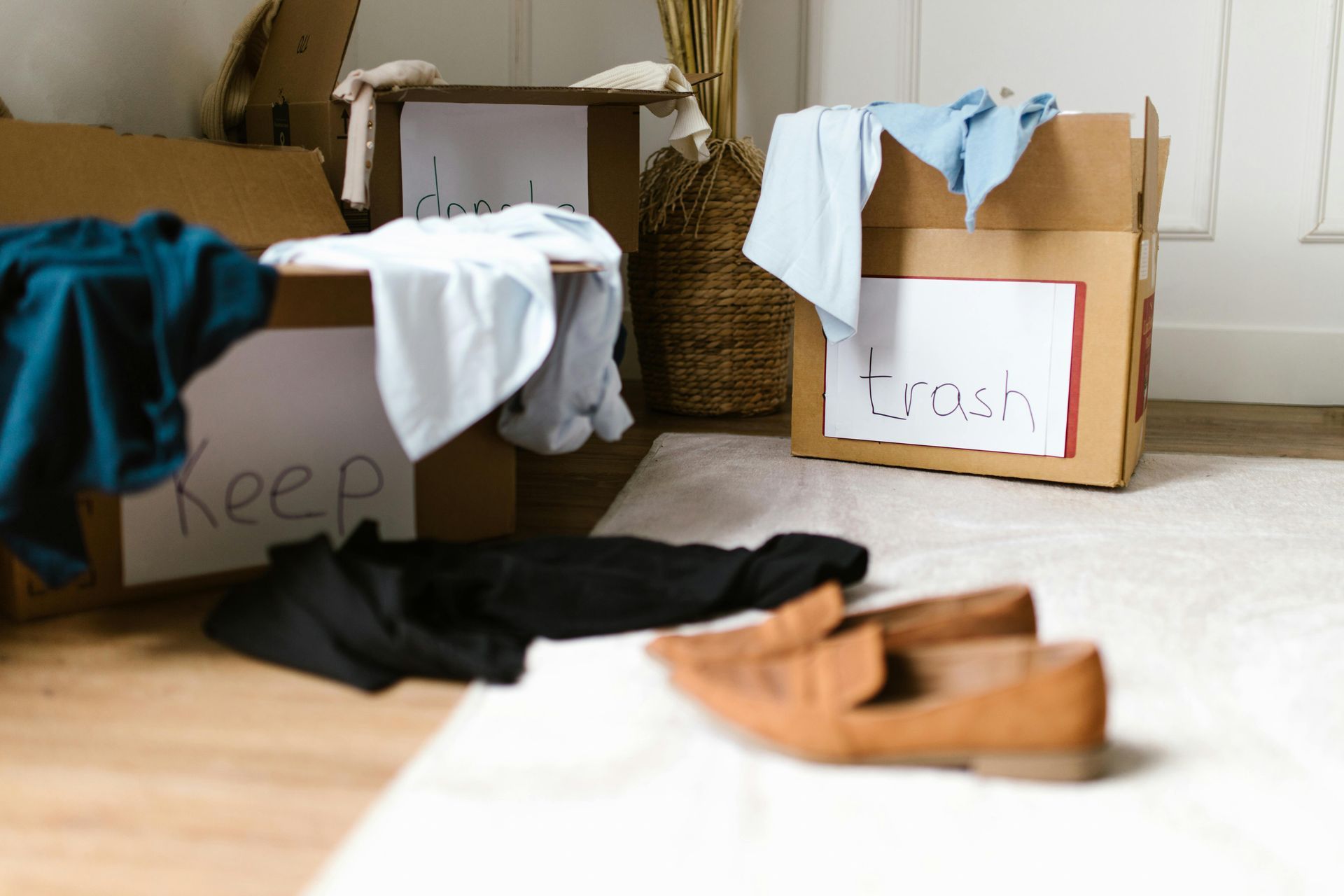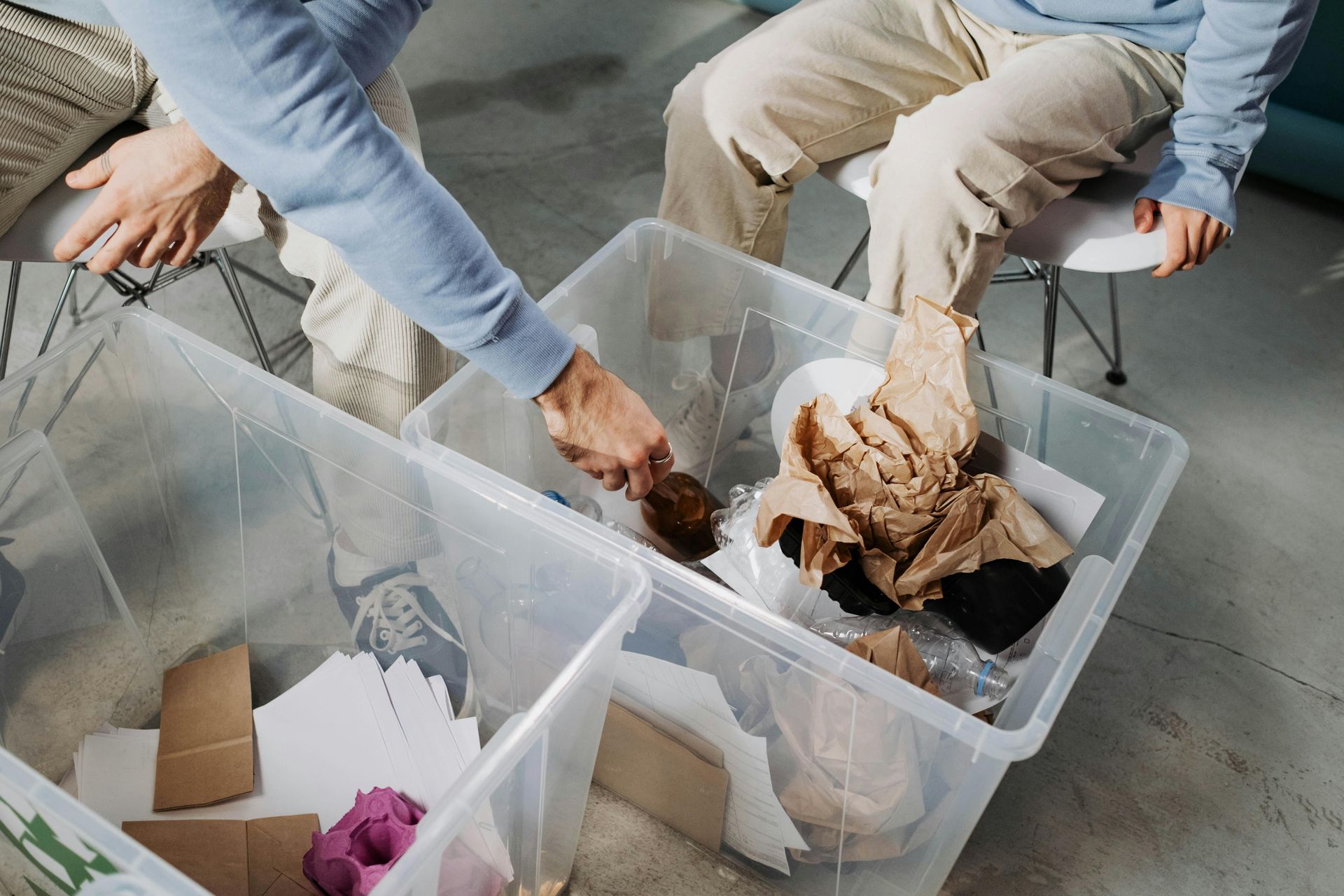Embracing Simplicity: The Transformative Power of Decluttering

In a world that often seems overrun with possessions and distractions, the concept of decluttering has emerged as a beacon of simplicity and clarity. At its core, decluttering is more than just tidying up physical spaces; it's a transformative journey that fosters mindfulness, intentionality, and a renewed sense of well-being. From our homes to our minds, decluttering offers profound benefits that extend far beyond the mere act of organizing.
Decluttering is a deliberate process of reassessing our relationship with material possessions and streamlining our lives to focus on what truly matters. It involves letting go of excess belongings, whether clothes, books, or sentimental items, that no longer serve a purpose or bring us joy. By purging the unnecessary, we create space for the essential, allowing room for clarity and inspiration to flourish.
At its essence, decluttering is about reclaiming control over our environments and restoring balance to our lives. The physical clutter that accumulates in our homes often mirrors the chaos and clutter within our minds. By decluttering our surroundings, we create a sense of order and harmony that can have a profound impact on our mental and emotional well-being. A tidy and organized space can alleviate stress, enhance productivity, and promote a sense of calm and serenity.
Moreover, decluttering is a powerful catalyst for personal growth and self-discovery. As we sift through our belongings and make decisions about what to keep and what to discard, we confront our attachments and beliefs about material possessions. We learn to distinguish between what is truly meaningful and what is merely excess baggage weighing us down. In the process, we gain insights into our values, priorities, and aspirations, guiding us towards a more intentional and fulfilling life.
The benefits of decluttering extend beyond the individual to encompass broader societal and environmental implications. In a consumer-driven culture that glorifies excess and consumption, decluttering offers a counter-narrative centered on mindful consumption and sustainability. By reducing our consumption and embracing minimalism, we lessen our environmental footprint and contribute to the movement towards a more sustainable and equitable world.
Embracing decluttering as a lifestyle choice requires a shift in mindset and habits. It's not merely about organizing possessions but about cultivating a mindset of simplicity and mindfulness in all aspects of life. It involves questioning societal norms and expectations around consumerism and redefining our relationship with material wealth. By embracing the principles of minimalism—simplicity, intentionality, and mindfulness—we can cultivate a deeper sense of fulfillment and purpose.
Practical tips for decluttering include starting small, tackling one area or category at a time, and breaking the process down into manageable steps. It's essential to be honest with ourselves about our attachments and motivations, recognizing that letting go of possessions can be a deeply emotional process. Practicing gratitude for the items we choose to keep and letting go of guilt or regret for those we discard can help facilitate the decluttering process.
In conclusion, decluttering is a transformative journey that goes beyond mere organization to foster simplicity, mindfulness, and well-being. By clearing away physical clutter, we create space for mental clarity and emotional freedom, enabling us to live more intentionally and authentically. In a world that often overwhelms us with possessions and distractions, decluttering offers a path to reclaiming control over our lives and reconnecting with what truly matters. As we embrace the principles of minimalism and mindful consumption, we can cultivate a more sustainable and fulfilling way of living, both for ourselves and for the world around us.
